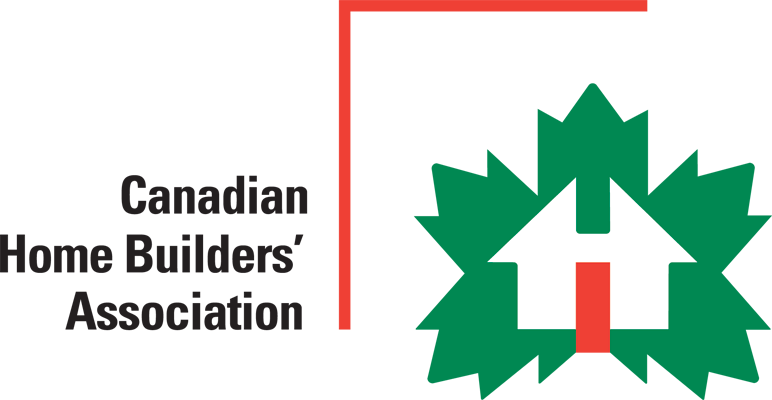Canada has committed to achieving Net Zero emissions by 2050. But the country won’t be able to get there without significant energy efficiency improvements to Canada’s existing homes.
Although new construction homes are often built to much higher energy performance standards than the homes of the past, even if all new homes built from now until 2050 are built with zero emissions, Canada would still not hit our target. To reach our country’s ambitious goals, we must renovate existing housing stock for improved energy efficiency.
Energy retrofitting Canada’s existing housing stock is an extremely complex process – and for those working in high-performance housing, especially Net Zero Homes, the challenges can be formidable.
CHBA’s Towards Net Zero Renovations five-year initiative is working to tackle roadblocks for home renovations. In this blog post, we break down how this initiative is bringing key players in the residential construction industry together to educate, collaborate, and build Canada’s capacity to achieve its emissions targets.
Why Net Zero Renovations
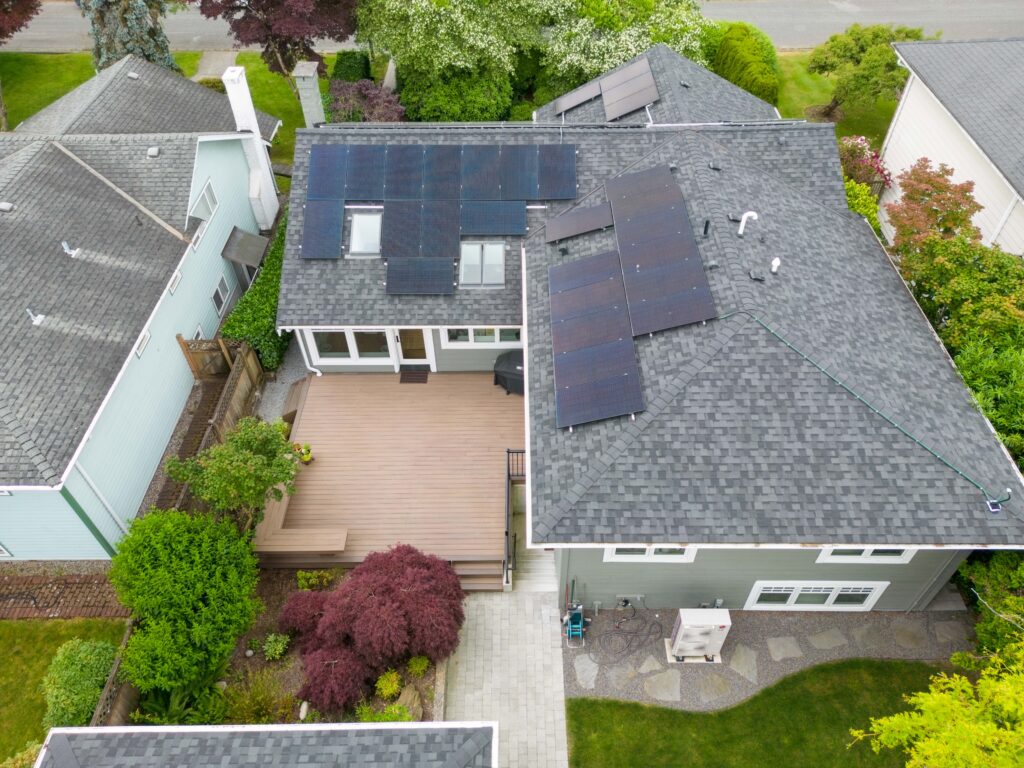
Net Zero Renovation by My House Design Build Team Ltd., Surrey, BC: “Modern Cottage” with Capture Energy and Emphasis Design Studio Ltd. – Winner of the Best Custom or Renovated Net Zero Home category in the 2023 CHBA National Awards for Housing Excellence
There are over 15 million existing homes in Canada, almost all of which can improve their energy performance. Many are ready for both functional and aesthetic renovations, which is often the best time to also renovate for energy efficiency. This is especially true if the exterior of a home is being renovated, since improvements to the building envelope are usually the most impactful to increase energy efficiency.
About the Towards Net Zero Renovations initiative
CHBA and its builder and renovator members have a long history leading energy efficiency in residential construction. The CHBA Net Zero Home Labelling Program, which was piloted in 2015, has over 1,750 homes labelled across Canada as of March 2023. Building on that success, after a two-year pilot, CHBA officially launched its Net Zero Home Labelling Program for Renovations in October 2021.
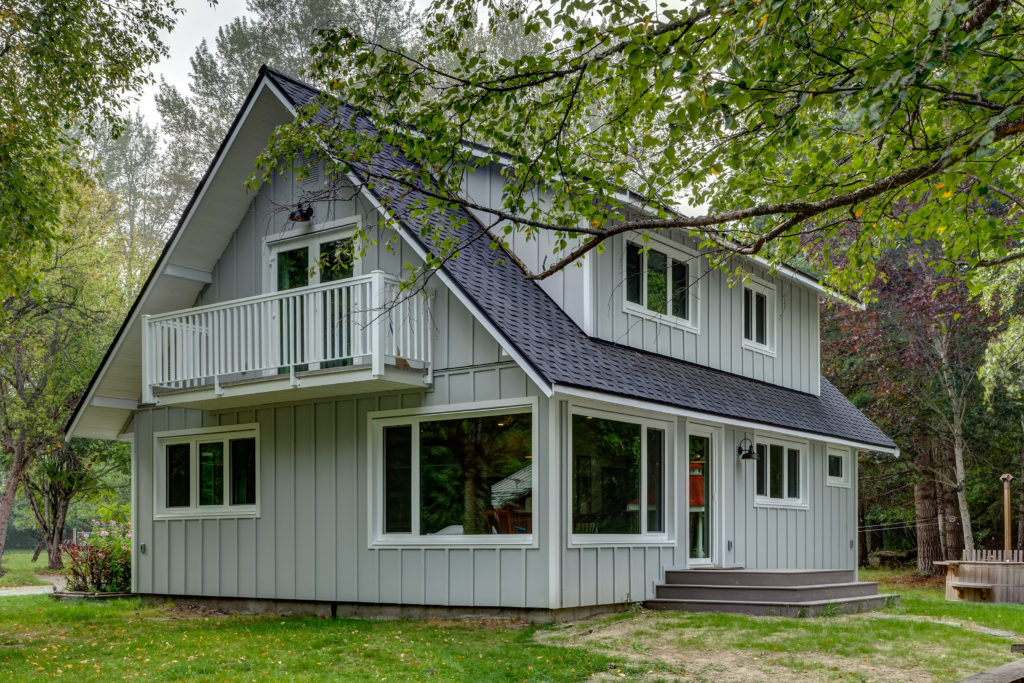
“Gate Lakes Deep Energy Retrofit” – Net Zero Home Renovation by Qualified Net Zero Renovator and RenoMark member RDC Fine Homes Inc., Whistler, BC
The Net Zero Home Labelling Program provides the industry with clearly defined and rigorous two-tiered technical requirements that recognize Net Zero and Net Zero Ready Homes (for new and existing homes), as well as the builders and renovators who provide them. A national network of CHBA Net Zero Qualified Service Organizations, Energy Advisors, and Trainers work directly with renovators to design, model, test and inspect each renovation. A key aspect of following CHBA’s Net Zero Home Labelling process is that there is a foundational house-as-a-system approach, which includes looking at an extensive list of factors other than just energy when developing solution options.
In early 2022, CHBA, with support from Natural Resources Canada (NRCan), officially announced this new initiative towards cost-effective Net Zero Ready residential renovations. In collaboration with participating Canadian municipalities, local home builders’ associations, renovators, and industry partners, the initiative’s objective is to target barriers to achieving Net Zero Ready performance in existing homes, and to determine the most cost-effective solutions to renovating for higher levels of energy efficiency, including to Net Zero and Net Zero Ready.
Connecting stakeholders
Lynne J Strickland, CHBA’s Director of Initiatives, Net Zero Housing, heads up the project. She says that the model of this initiative is unique in that it works directly with municipalities to scale local capacity. Edmonton, Calgary, Saskatoon, Toronto, Durham Region, and Ottawa – have incentivized deep energy retrofits and/or Net Zero projects through targeted programs.
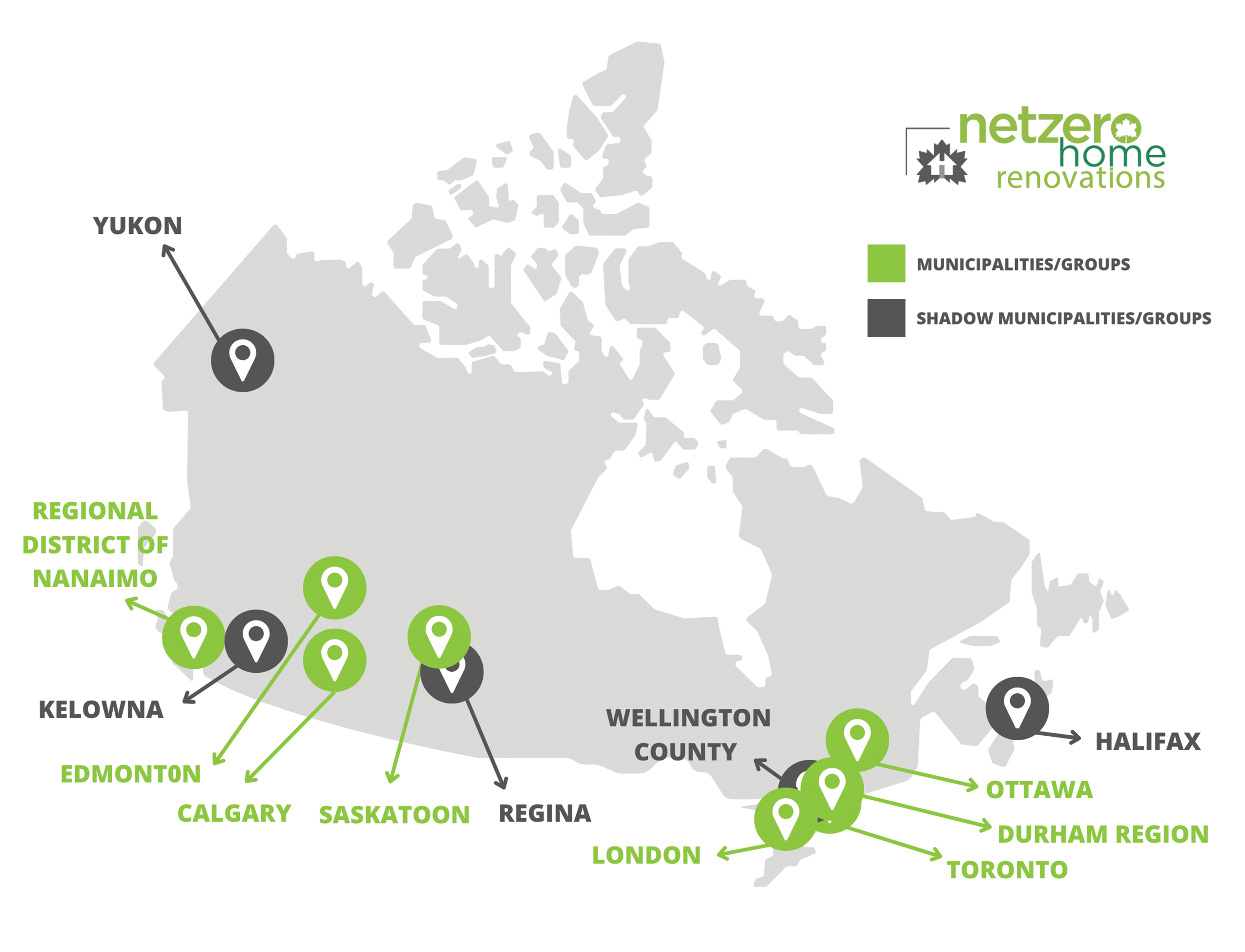
Map of municipalities participating in the Towards Net Zero Renovations initiative
These municipalities also determine which homes in their regions might be best suited to a Net Zero renovation, bringing interested homeowners onboard in hopes that the scope of their renovations can be elevated to get closer to Net Zero.
Additional municipalities/groups such as the Regional District of Nanaimo, London, the Yukon, Kelowna, Regina, Wellington County, and Halifax are either in the process of developing their own incentive programs, are assessing where Net Zero fits into their programs, or are in rural or remote areas that are considering implementing programs in the future.
Creating efficiencies
After performing an industry scan with the help of Building Knowledge Canada and a CHBA Net Zero Renovation Advisory Group, it was found that energy advisors (EAs) put in more than double the time than renovators to move a Net Zero renovation project from initial discussions through the design phase and into a contract the homeowners can sign. “We needed to leverage tools to reduce the time needed by EAs so that hiring an EA to do that work would be less cost-prohibitive to homeowners, and therefore more accessible,” said Strickland.
Through work with a not-for-profit called Volta Research Inc., several tools were leveraged from the Local Energy Efficiency Partnerships (LEEP) program and made available on a secure online server, functioning much faster to compute the modelling.
According to EAs, this is a game changing tool that allows them to help homeowners determine the best options for their energy efficiency renovation in real-time.
Moreover, CHBA worked with NRCan and the Canadian Association of Consulting Energy Advisors (CACEA) to develop integrated design process (IDP) training for Part 9 homes and specifically renovations. Delivered in “Net Zero Reno Bootcamps” hosted by local home builders’ associations and municipalities, this training aims to get renovators and their entire deep energy network up to speed about how the IDP can optimize whole home upgrades to include or phase in net zero objectives.
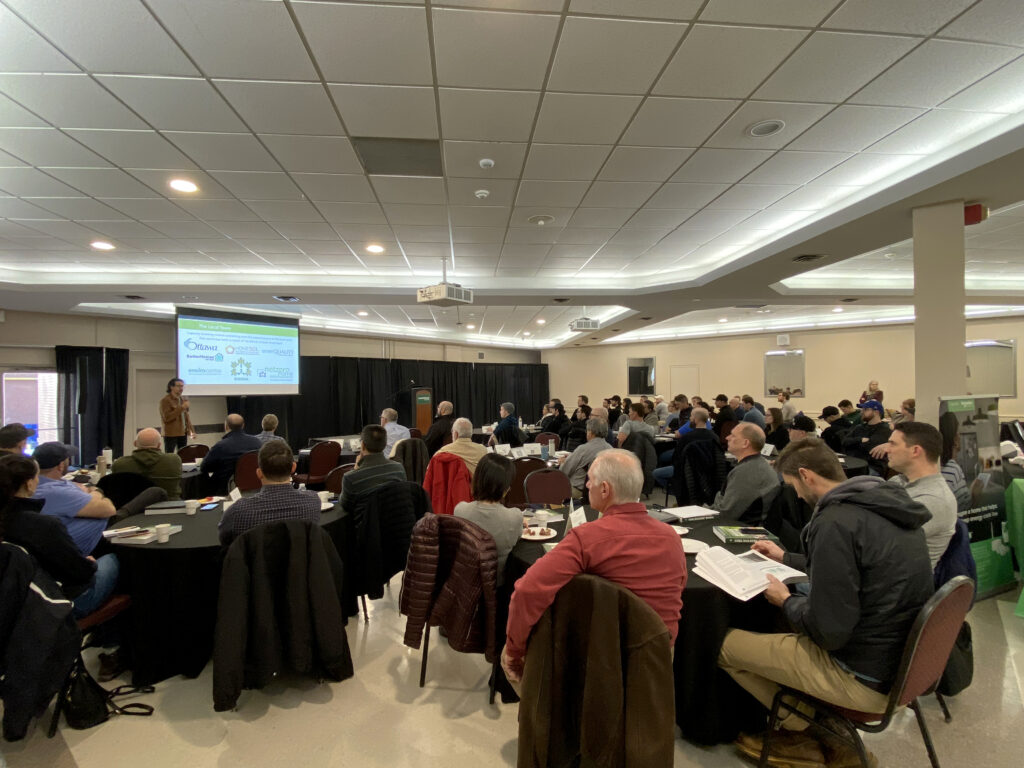
Net Zero Reno Bootcamp underway in Ottawa, ON
Overall, a Net Zero Roadmap is developed to help renovators and EAs identify which aspects of the planned renovations are best suited to support complementary energy retrofits. The process is designed to help them build capacity and industry networks and speed up the process of getting Net Zero renovations completed.
What this means for renovators and homeowners
The goal for this initiative is to have 100-150 Net Zero renovations complete by the end of 2024 or latest mid-2025, which Strickland says is going to be a challenging to achieve. Ideally, 10-15 renovations will be completed in each municipality for a healthy geographic variety.
CHBA is currently looking for renovators and energy advisors with clients, within a participating municipality, who are undertaking major home renovations and interested in looking at optimizing for not only energy but for better indoor comfort and environmental quality.
If you’re a renovator or EA who wants to take part in this initiative, find out how to enroll here.
If you’re a homeowner who’s thinking about a home renovation, and you’d like to also boost your home’s energy efficiency during that process, you might want to consider a Net Zero renovation. Encourage your renovator or energy advisor to partake in the Towards Net Zero Renovations initiative, which will provide you with some great incentives, including funding towards and energy audit on your home.
For more information on Net Zero Homes, visit CHBA’s website.
